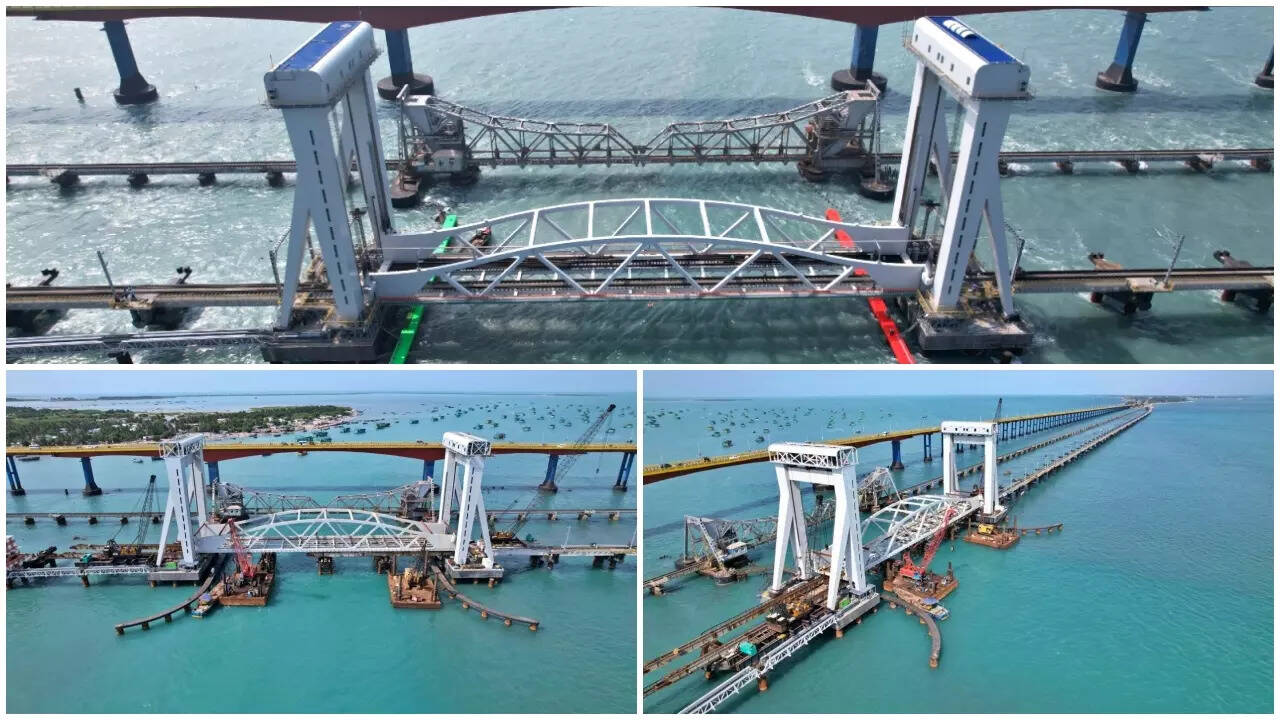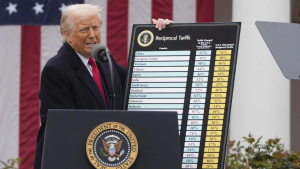India’s automobile industry is experiencing a significant shift towards electric vehicles (EVs) as the government pushes for a cleaner and more sustainable mode of transportation. With incentives and subsidies in place to promote the adoption of EVs, major automakers in India are ramping up their production of electric cars. Companies like Tata Motors, Mahindra & Mahindra, and Hyundai are leading the charge in the electric vehicle market, offering a range of options to cater to different consumer needs. The latest addition to this lineup is the highly anticipated Tata Nexon EV, which offers a competitive range and features at an affordable price point. With the increasing focus on reducing carbon emissions and combating air pollution, EVs are becoming an attractive choice for environmentally conscious consumers in India. The government’s ambitious target of achieving 30% electric vehicle penetration by 2030 is driving investment and innovation in the sector. As the infrastructure for EV charging stations continues to expand across the country, the convenience of owning an electric vehicle is also on the rise. With the combination of government support, technological advancements, and growing consumer awareness, the future looks promising for electric vehicles in India. As the automotive industry moves towards a more sustainable future, electric vehicles are set to play a key role in shaping the transportation landscape of the country.

Posted in
JUST IN
“India’s First Solar-Powered Textile Mill in Tamil Nadu Sets Sustainability Benchmark”
In Trend

Ukraine’s Decision to Relinquish Nuclear Weapons Highlighted in Ongoing Russia-Ukraine Conflict: Analysis



















